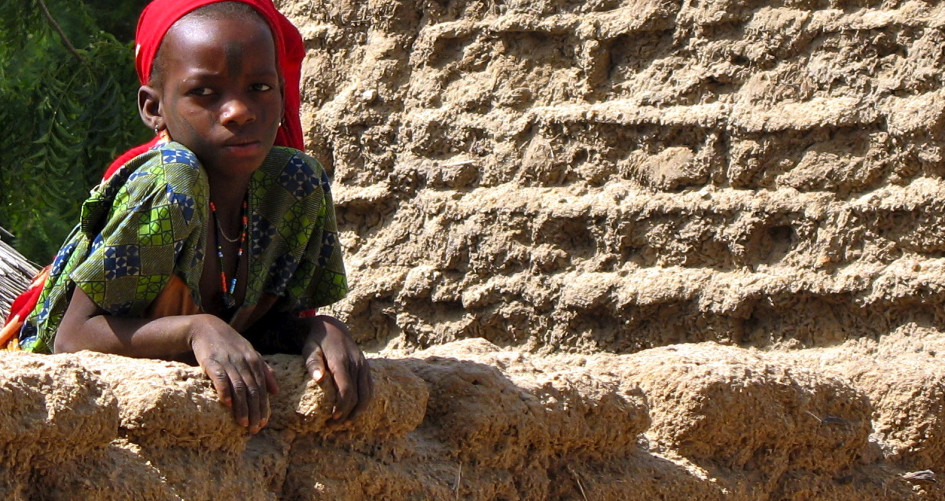|
Contact: |
Launched in 2008 under the UN Convention to Combat Desertification (UNCCD), the Great Green Wall for the Sahara and Sahel Initiative (GGWSSI) is a major African-led initiative which aims at restoring the productivity and vitality of the Sahel region, whilst ‘growing solutions’. The objective of the initiative is to grow an 8,000km-long line of trees and plants across the entire Sahel, from the Atlantic coast of Senegal to the east coast of Djibouti – halting desertification and creating a huge swathe of green across the entire African continent, by 12 African nations.
Its benefits are wide-ranging, from supporting local livelihoods through increased food security to global impacts including mitigating climate change and stemming the flow of migrants to Europe, and promoting Global Land Degradation Neutrality (LDN) and Sustainable Development Goals (SDGs). Through large-scale investments in land-based adaptation and climate resilient development, the long-term aspiration is to create healthy and resilient landscapes across the Sahel, and thereby address some of the major challenges of our time.
Partner and founder organizations include the World Bank, the FAO, the European Union, the African Union Commission, and Venturethree. A robust monitoring and evaluation system which will demonstrate in detail the long-term impacts will be developed.
Objectives:
- Grow climate resilience for local communities in a region where temperatures are expected to rise by 2-5 °C by 2050;
- Grow food security for 20 million people faced with starvation in the Sahel;
- Grow 'green jobs' giving sustainable incomes to workers across 12 African nations;
- Grow a response to the migration crisis;
- Grow a symbol of peace;
- Grow a wonder of the world spanning 8000km, the entire width of Africa.
By 2030, the expectation of the new phase of the initiative is to restore 50 million hectares of land; sequester 250 million tons of carbon; support 300 million people in communities across the Sahel; and provide access for 10 million smallholder farmers to climate resilient agricultural technologies.
Progress in restoring the fertility and productivity of Africa’s Sahara-Sahel region has already been made. Communities are better adapted to climate change and long-term food, energy, water and economic security have all been boosted. For example, in Nigeria, 5 million hectares of degraded land have been restored and 20,000 jobs created. However, the full benefits of implementation in terms of climate resilience or mitigation potential have yet to be realized. To fulfil the vision of the GGW, the UNCCD is proposing this new initiative to help reach out to every GGW community and make sure that no community or country is left behind. This will require a mass engagement of local communities under the Great Green Wall, this new phase of the initiative will build climate change resilience at an unprecedented scale.
Photo credit: Eric Haglund (Flickr)
